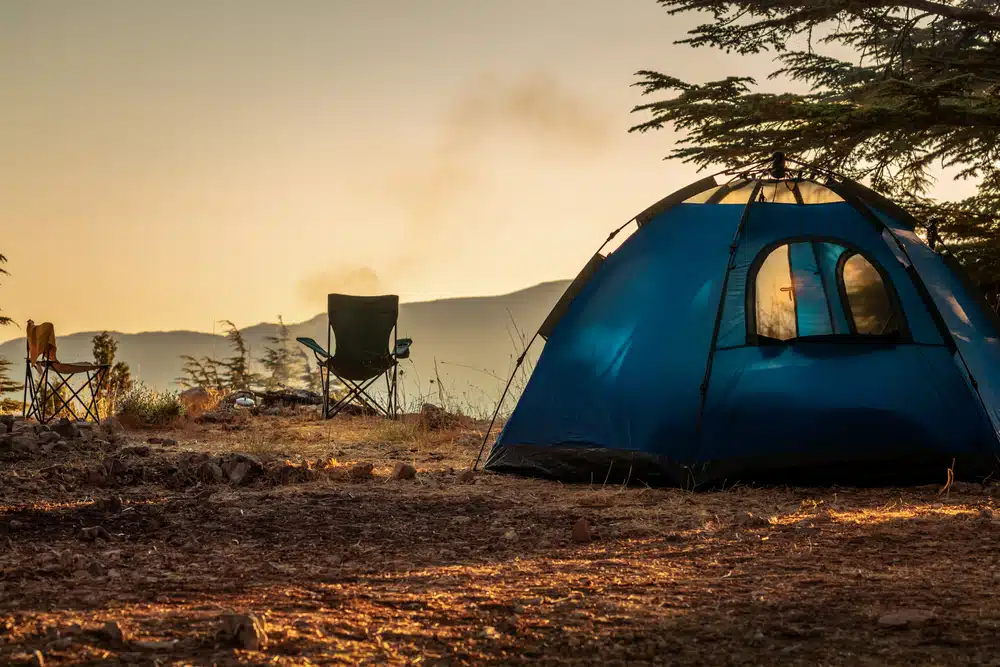Bundox Safari Co. has announced the reopening of Khanya Conservation Camp, a project within the Greater Kruger region that integrates traditional safari experiences with active participation in wildlife conservation.
The reopening marks the company’s continued investment in responsible tourism models designed to engage travellers in the protection of Africa’s ecosystems.
Located in a private wilderness area bordering Kruger National Park, Khanya Conservation Camp allows guests to join field rangers, researchers, and local conservationists in various protection activities.
Participants can monitor elephant movements, assist in tracking nocturnal predators with camera traps, and gain direct insight into conservation practices.
“Khanya Conservation Camp was designed for travellers who want their safari to matter,” said the Bundox Safari team in a press release. “It’s about connection, to the land, to the people protecting it, and to the wildlife that defines it.”
The camp’s design follows Bundox Safari’s established approach of providing comfort without excessive luxury.
Revenue generated from guest stays contributes to anti-poaching patrols, environmental education programs, and community employment projects, ensuring that tourism spending supports conservation and local livelihoods.
“Khanya gives visitors the chance to see where conservation happens, not from behind the lens, but beside the people doing the work,” the company added.
Khanya joins Bundox’s broader portfolio of properties within the Greater Kruger area, which includes Amava River Lodge on the Olifants River and Explorer Camp near Hoedspruit.
Together, these sites represent Bundox Safari Co.’s focus on sustainability and authentic, impact-driven travel.
For outdoor hospitality operators and glamping professionals, the reopening illustrates the increasing alignment between tourism and conservation.
As traveller preferences shift toward experiences with measurable environmental and social benefits, models like Khanya’s offer a blueprint for businesses seeking to integrate purpose-driven travel into their offerings.
This approach not only strengthens brand identity but also supports long-term sustainability and community partnerships—an area of growing importance across the global outdoor hospitality industry.


